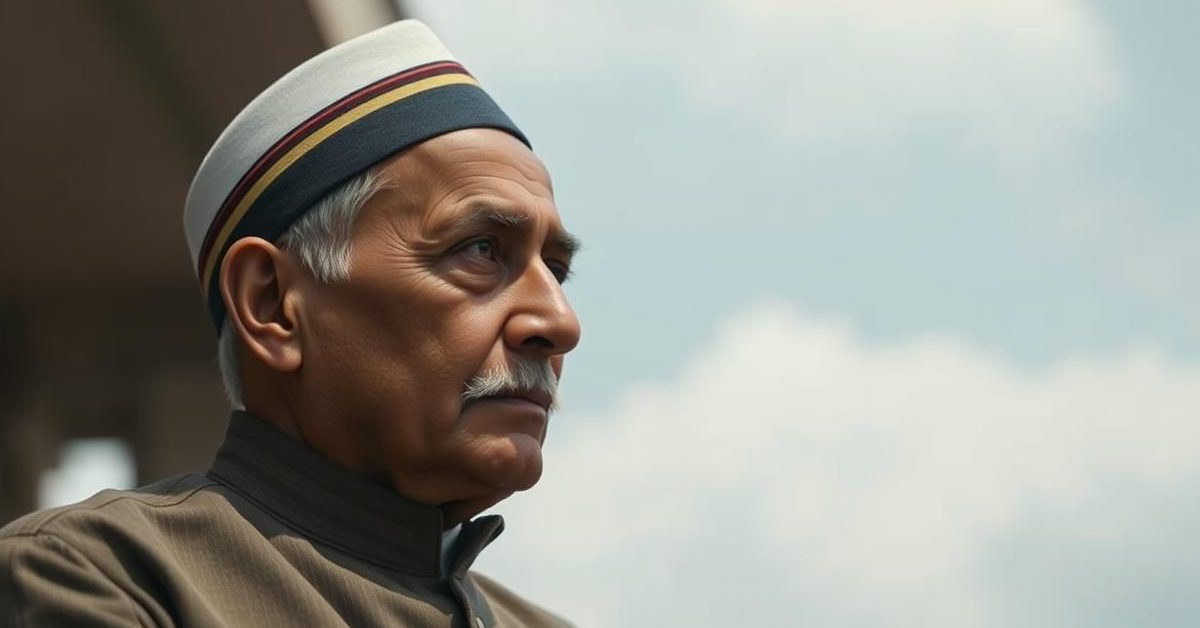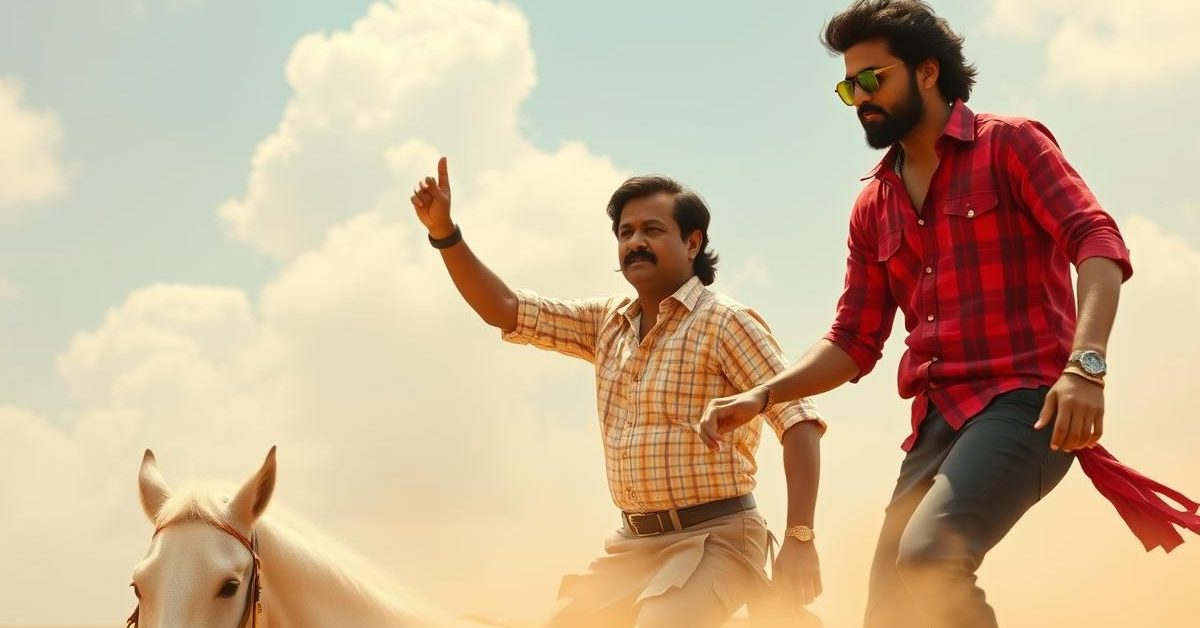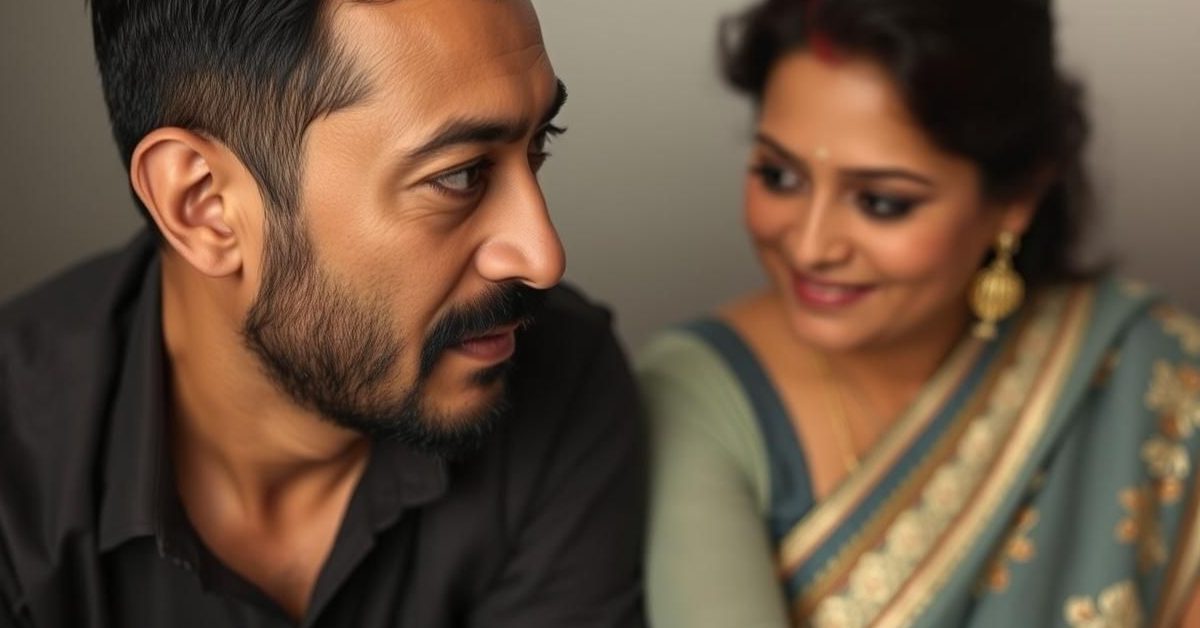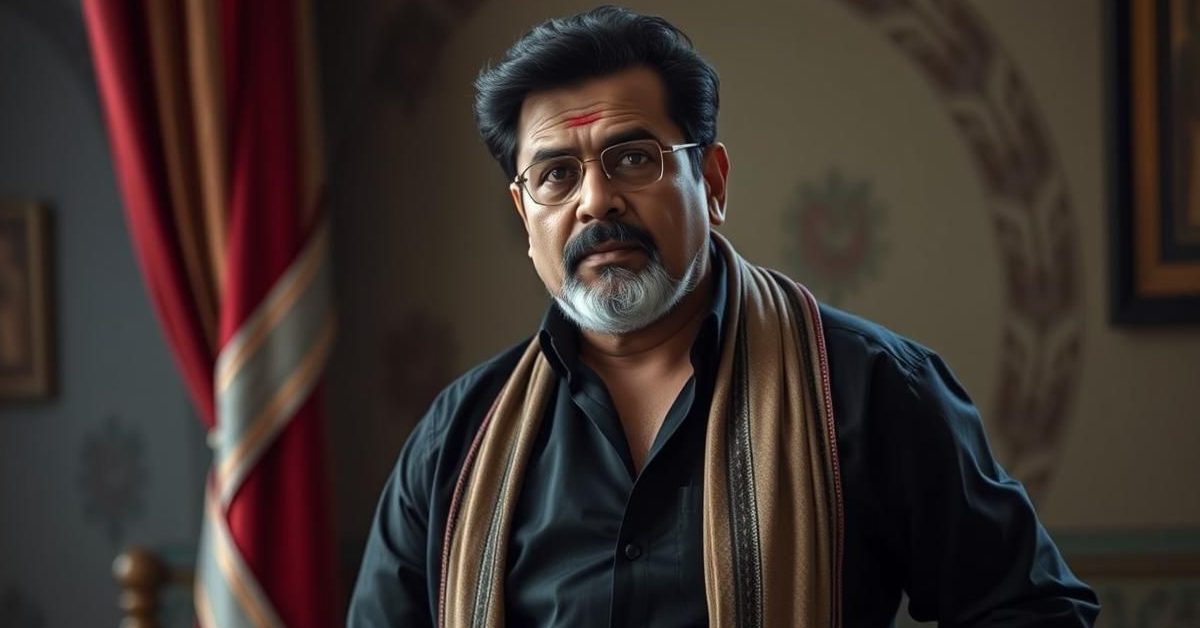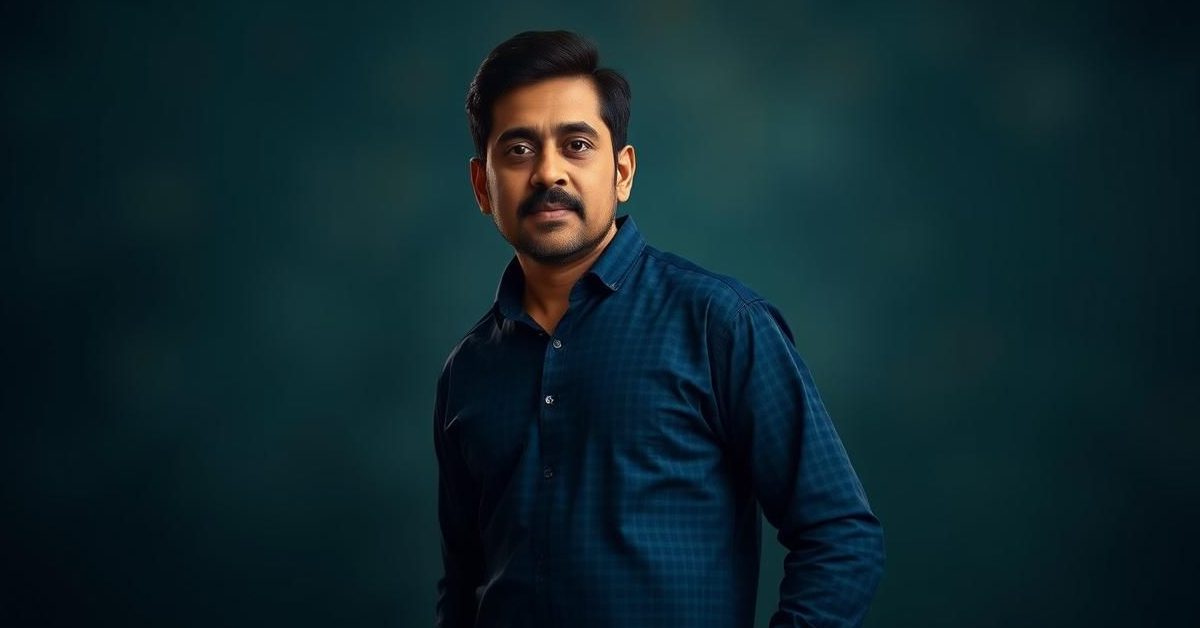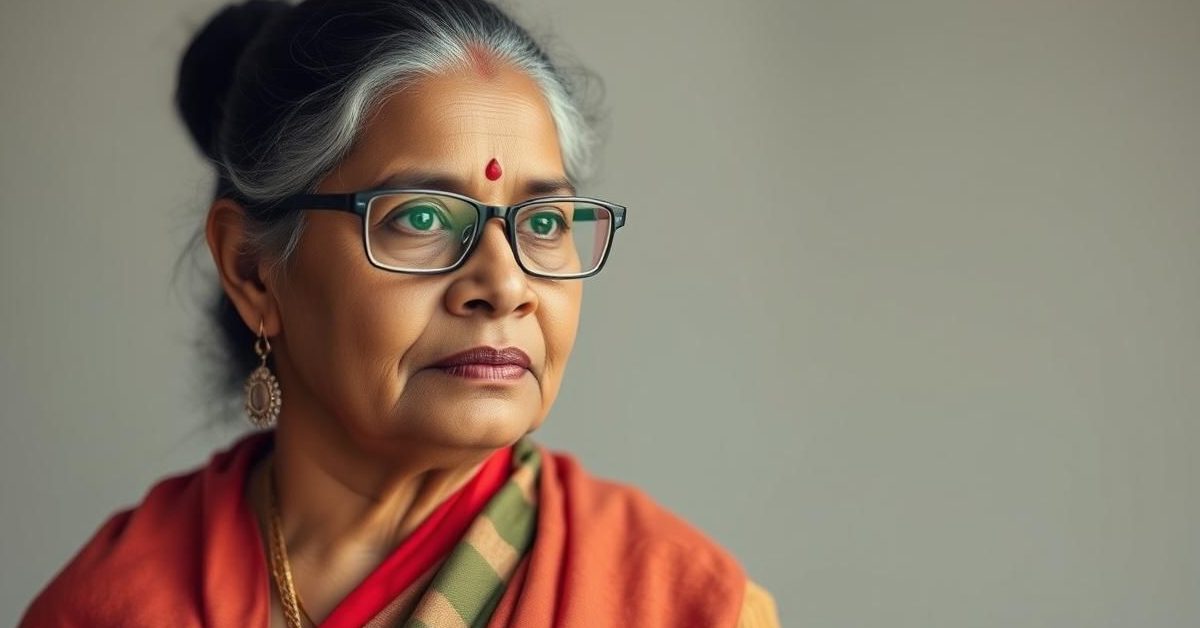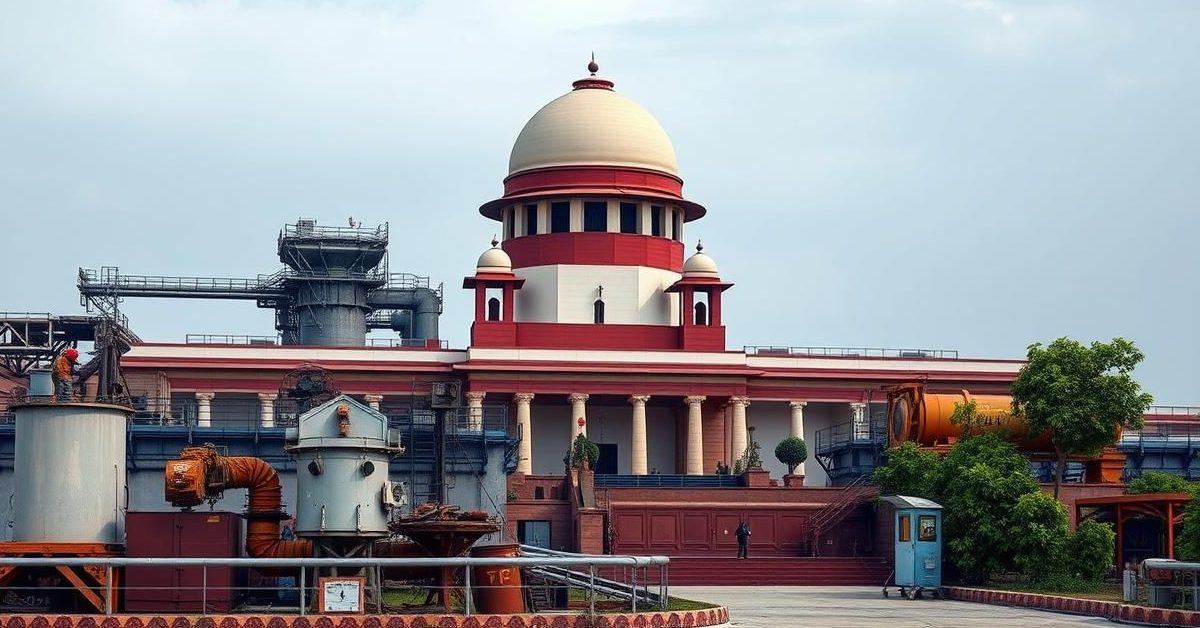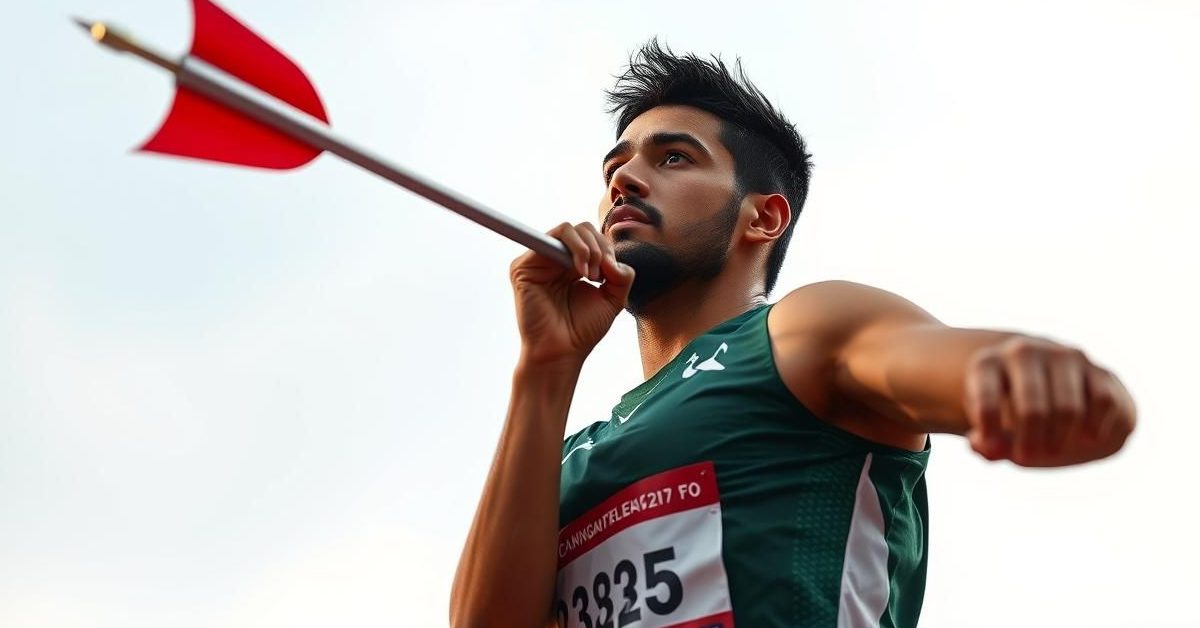The Unseen Thread: Dalip Tahil’s Poignant Encounter with Milkha Singh
In the annals of Indian cinema, certain portrayals, though brief, leave an indelible mark, etching themselves into the audience’s collective memory. Such was the case with veteran actor Dalip Tahil’s nuanced depiction of India’s first Prime Minister, Jawaharlal Nehru, in the critically acclaimed biographical drama, *Bhaag Milkha Bhaag*. Directed by the visionary Rakeysh Omprakash Mehra, this cinematic masterpiece brought to life the extraordinary journey of Milkha Singh, affectionately known as ‘The Flying Sikh’. While Tahil’s screen time as Nehru might have been limited, the essence of his character’s presence was pivotal, underscoring a little-known, yet deeply significant, chapter in the legendary athlete’s life.
Embodying a Statesman: Dalip Tahil’s Approach to Nehru
*Bhaag Milkha Bhaag* wasn’t just a sports film; it was a profound narrative exploring trauma, resilience, and the relentless pursuit of greatness against the backdrop of a newly independent nation. Farhan Akhtar’s transformative portrayal of Milkha Singh captivated millions, while Prasoon Joshi’s evocative screenplay garnered widespread praise. Within this rich tapestry, Dalip Tahil faced the unique challenge of embodying a figure as universally recognized and revered as Jawaharlal Nehru. His preparation involved not merely mimicking mannerisms, but delving into the statesman’s historical context, his vision for India, and his subtle influence on various spheres, including national sports. Tahil’s performance lent gravitas to the scenes, reminding viewers of the political landscape and the national spirit during Milkha’s formative years.
The Unforgettable Meeting: Dalip Tahil and The Flying Sikh
Beyond the confines of the film set, an even more profound interaction unfolded – a meeting between Dalip Tahil and Milkha Singh himself. This wasn’t merely a courtesy call; it was an opportunity for the actor to glean authentic insights directly from the man whose life story he was helping to tell. Tahil has since recounted this meeting as one of the most memorable of his career. He vividly describes Milkha Singh, even in his later years, as a figure brimming with an almost tangible energy, his eyes still holding the spark of the champion who once set tracks ablaze across the globe, from the Commonwealth Games in Cardiff to the Rome Olympics.
Milkha Singh’s Revelation: Nehru’s Unexpected Impact
It was during this deeply personal conversation that Milkha Singh unveiled a surprising facet of his history, one that illuminated the true depth of Nehru’s “pivotal role” in his life. The public often recalls Milkha Singh’s athletic achievements, his humble beginnings, and the haunting shadows of the Partition of India, which claimed his family. However, Milkha Singh revealed to Tahil that Nehru’s influence extended beyond a mere ceremonial wave or a congratulatory handshake.
One particular incident stands out: Milkha Singh’s profound reluctance to compete in Pakistan, the very land where he had witnessed unspeakable horrors during Partition. His trauma was so deep that he refused to cross the border for a goodwill race. It was Prime Minister Jawaharlal Nehru who personally intervened. Understanding the immense symbolism of Milkha Singh, a symbol of India’s resilience and triumph, competing in Pakistan, Nehru persuaded the athlete, emphasizing the gesture of peace and unity it would represent. This direct appeal from the nation’s leader wasn’t just a request; it was a powerful reassurance, a personal plea that helped Milkha Singh confront his past and emerge victorious on foreign soil. This monumental decision, directly influenced by Nehru, led to his iconic title, “The Flying Sikh,” bestowed upon him by the then-President of Pakistan, Field Marshal Ayub Khan, after his triumphant run.
The Enduring Echoes of a Cinematic Legacy
This revelation from Milkha Singh himself adds an extraordinary layer of emotional depth to *Bhaag Milkha Bhaag* and to Dalip Tahil’s portrayal. It transforms Nehru from a historical footnote in the film to an active, compassionate figure who understood the psychological burden of his people and sought to heal wounds through diplomacy and even sports. The film, in its entirety, serves as a testament to the human spirit’s ability to overcome adversity, championed not only by the individual’s grit but also by the guiding hand of national leadership.
Dalip Tahil’s ‘small but impactful’ role thus transcends its screen time, becoming a crucial narrative thread that binds Milkha Singh’s personal agony with India’s national aspirations. It’s a powerful reminder that history, both personal and national, is often shaped by these less-known, deeply human interactions, underscoring the profound impact leaders can have on individual lives, inspiring them to reach for greatness even when burdened by the heaviest of pasts.
